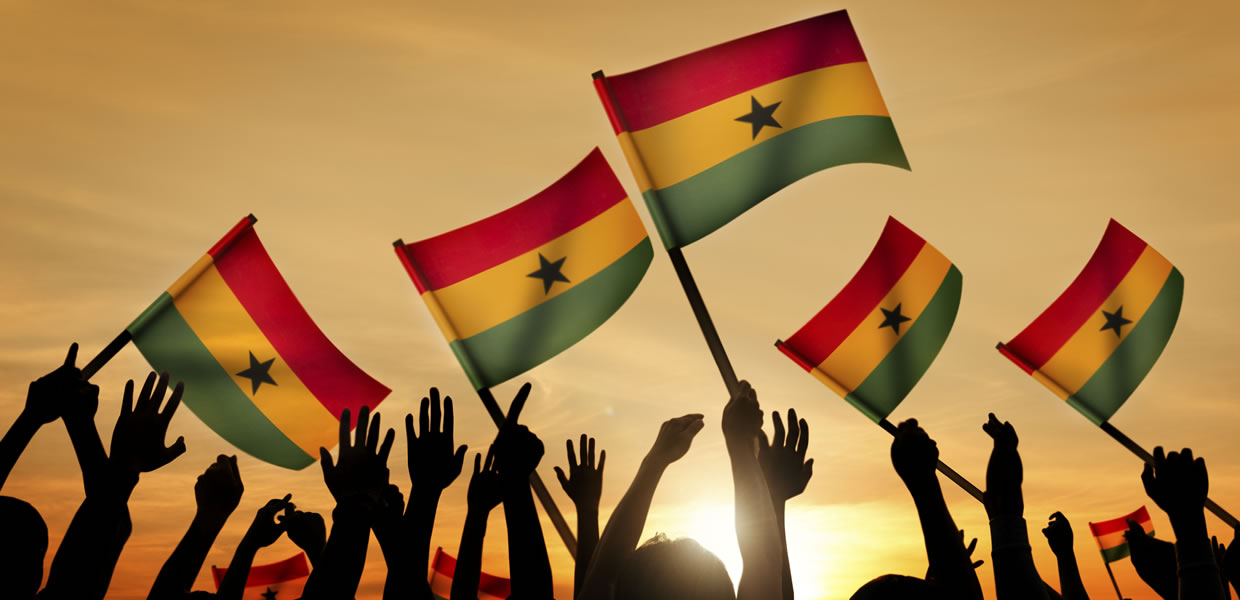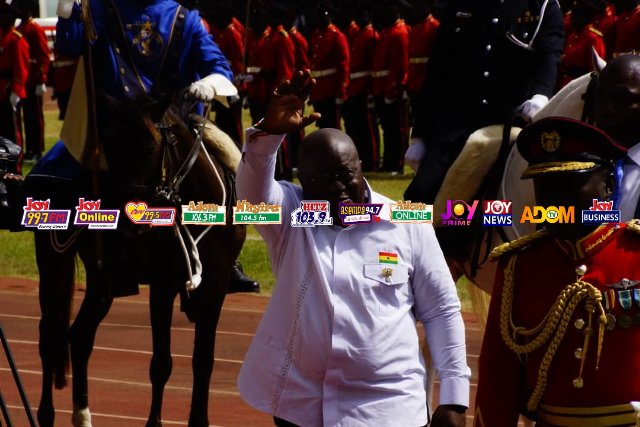Ghana is mark 62 years of independence from British colonial rule today 6th March 2019. The nation has witnessed economic ups and downs in the 62 years of independence.
The country once touted as the rising star of Africa is still finding its feet economically to liberate many of its citizens who find themselves in the poverty bracket. Ghana chalked many accolades including; the beacon of hope for Africa, the black and shining star of Africa, among others. The country moved up the ladder of economic well-being from a lower income to a middle-income earner status in 2011. After 62years of independence much still needs to be done for “economic independence.”
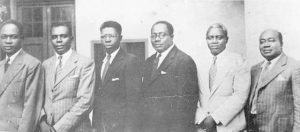
Economic independence should begin with a bold and decisive will backed by the right leadership to bring about economic development. Comparisons have been made with countries in the far east, namely; Singapore, Malaysia and Taiwan who had their independence from colonial rule around the same time as Ghana. The only difference here is these countries have made giant strides in their economic transformation after independence.
Most of these contemporaries have little or no resource compared to our rich and abundant natural resources. Singapore is now a major financial hub in the world, with Taiwan being a major manufacturing hub for semiconductors used in most gadgets. Malaysia also trades with most parts of the globe through it vibrant ports. All these major turnarounds in economic development took decades of long planning, commitment, and doing to achieve.
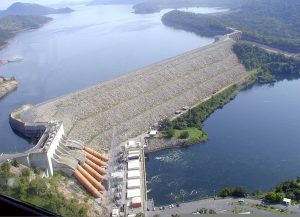
Let’s look at some key areas to be considered going forward to bring about this much needed shift from the norm. These key areas will need much attention and conscious efforts to leapfrog Ghana from its current standing in economic development to the ranks of the enviable standings of Singapore, Malaysian and Taiwan.
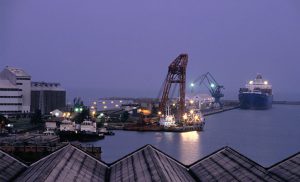
Leadership and Institutions
In his much talked about address to Ghana’s legislature during his first visit to sub-Saharan Africa after assuming the reigns as the 45th President of the United States of America, Barrack Obama urged the country’s leaders to remain resolute and build stronger institutions rather than building strongmen. For a country’s quest for economic development to see the light of day, leadership and institutions are necessary and sufficient ingredients. Moving forward into the future the right leadership and acts of leadership should be intentional in delivering on the economic development project. Lee Kuan Yew the founding father and first prime minister of Singapore marshalled his tiny landlocked country from a poor third world country into the first world developed country.
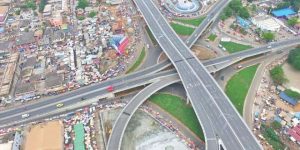
From these achievement, Singapore metamorphosed into a major financial centre. Singapore built on the right institutions which catapulted them to the enviable record of a developed country. Ghana has a lot to learn from its independence classmate when it comes to putting in place the right institutions and leadership for development. The next phase of the country’s quest for economic turnaround needs bold and visionary leadership, the current narrative of business as usual should give way to thinking and acting generational. Ghana @ 100 will be a blessing by the commissions and omissions the country commit’s today.
Building institutions that work is of the essence.
In his bestseller: My Vision, Mohammed bin Rashid Al Maktoum, Vice President of the United Arab Emirates, Prime Minister of UAE and Emir of Dubai noted that the public sector in the UAE was able to match the performance of the private sector in a short space because they (leadership) were able to extricate the public sector from routine and monotony, and put it on the path to modernity, development, increased productivity, greater performance and respect for the public. Much of this transformation according to the Emir of Dubai was by the people working in the public sector. There should be a paradigm shift in the hiring and operations of the people working in the public sector in Ghana. The people working in our public sector must stand up to their responsibility towards achieving the shared economic agenda.
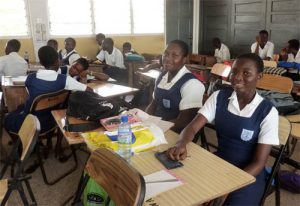
Leadership must be held accountable and institutions must be built to work. And like the celebrated godfather of Singapore will advise, “I always tried to be correct, not politically correct.” The political leaders must strive for correctness in nation-building and not the skewed short-term political correctness.
INVESTING IN PEOPLE AND INFRASTRUCTURE
Ghana is endowed with a lot of natural resources and these resources presents a lot of opportunities for the country to leapfrog into economic development. What has been the bane is mainly failure in turning these resources into blessings for the many Ghanaians who are wallowing in abject poverty. Examples from South Korea, Singapore, Malaysia and Taiwan among others show that a country will develop if it invests in massive infrastructure for its people, and create space for small and medium-sized businesses that create jobs.

Lee Kuan Yew was all for crafting a highly educated labour force who could speak English and sought the help of foreign investments to turn Singapore into a highly competitive manufacturing hub. The global dynamics have changed since independence and the country’s leaders must live up to the bill in playing in the best interest of the country. Securing foreign direct investments for economic development should not be at the detriment of local small and medium scale enterprises.
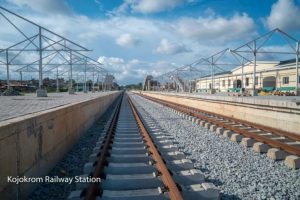
Infrastructure development is a part of the whole process towards economic development. It is that which brings foreign direct investments, channels the energies and ingenuity of local entrepreneurs in building businesses that creates employment. Ghana like many of its contemporaries in the Sub-region faces enormous task in providing jobs for its teeming youthful population and building on the needed infrastructure will accelerate the agenda for job creation which will augur well for economic development.
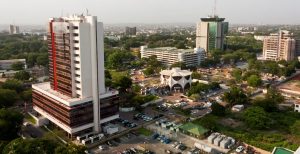
Basic amenities such as accessible roads linking towns, villages and cities; reliable health facilities; and the classroom units to produce Ghana’s next generation of thinkers and doers, which are non-existent or are dilapidated should be given priority. To cushion the farmer who cannot cart his produce to the market centre because of bad roads, the agro-processor who cannot get reliable water supply to produce fresh fruit juice for the local and international markets through exports, the artisan in Kokompe who cannot spray a client’s car on time because of erratic power supply. These among other challenges faced by many who want to join the economic activities but are frustrated because of non-availability of certain amenities or lack of it should be given prior attention.
The next phase of Ghana’s development agenda must be planned, executed and achieved by the right leadership with the support of the right institutions and investments in the citizens and infrastructure.
Author: Paa Swanzy-Essuman || p.swanzy@ghanatalksbusiness.com


